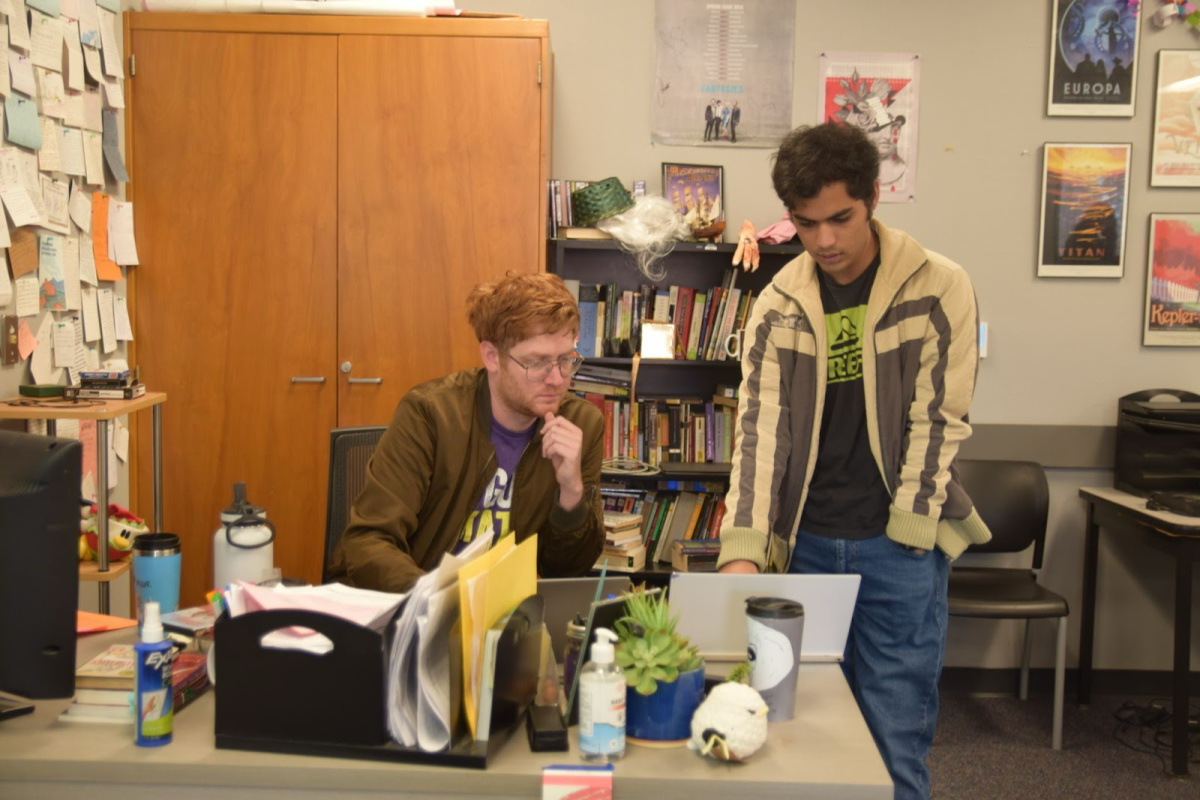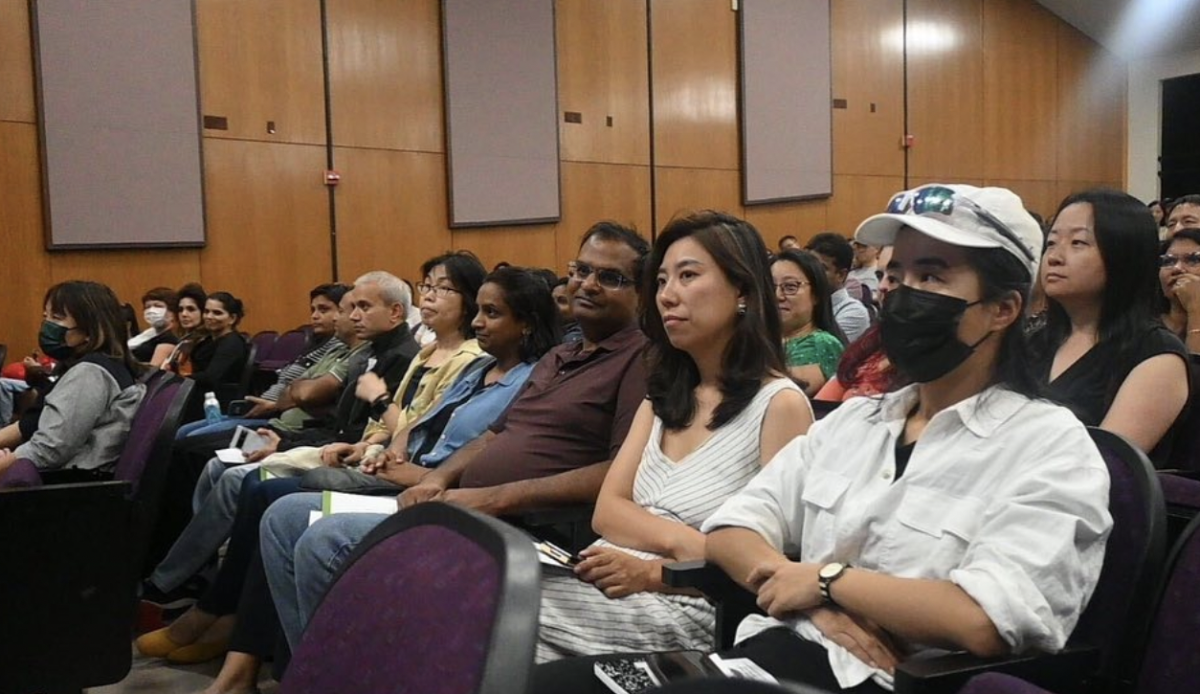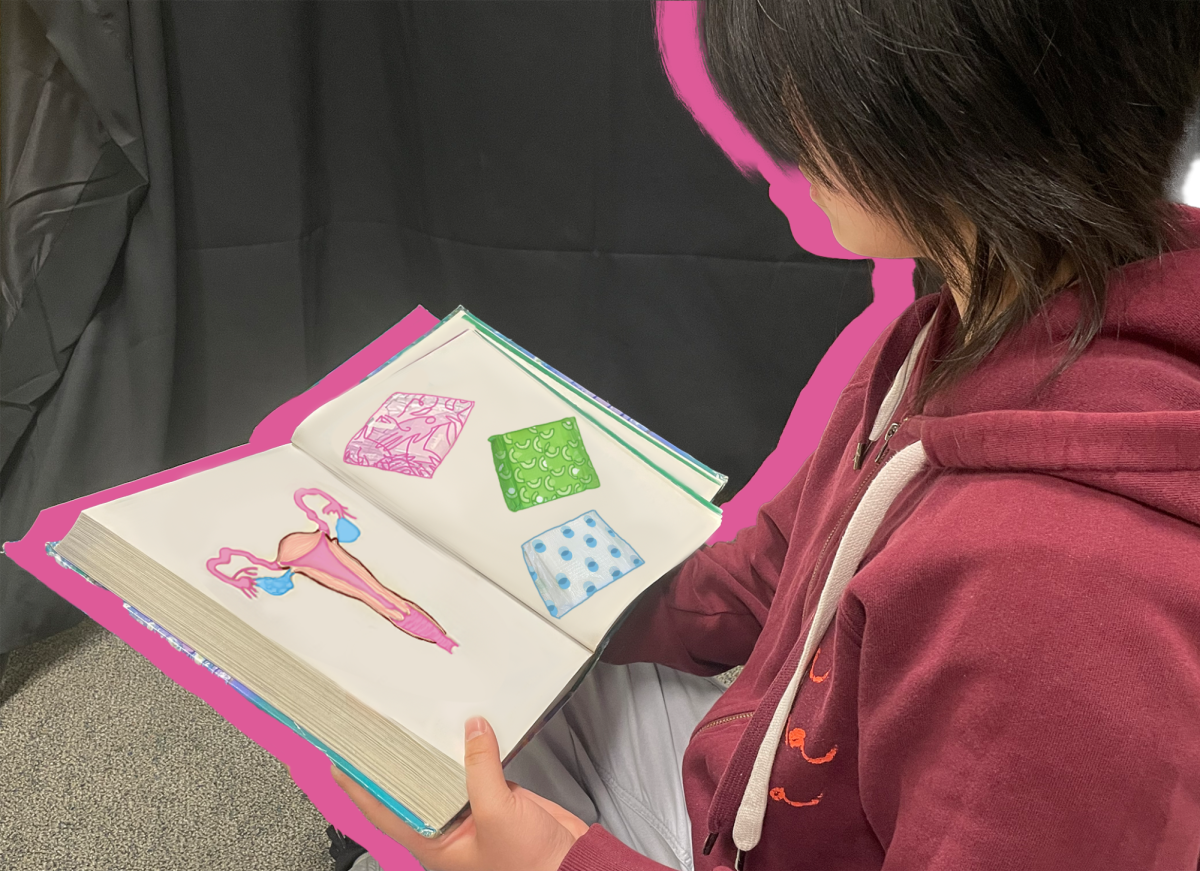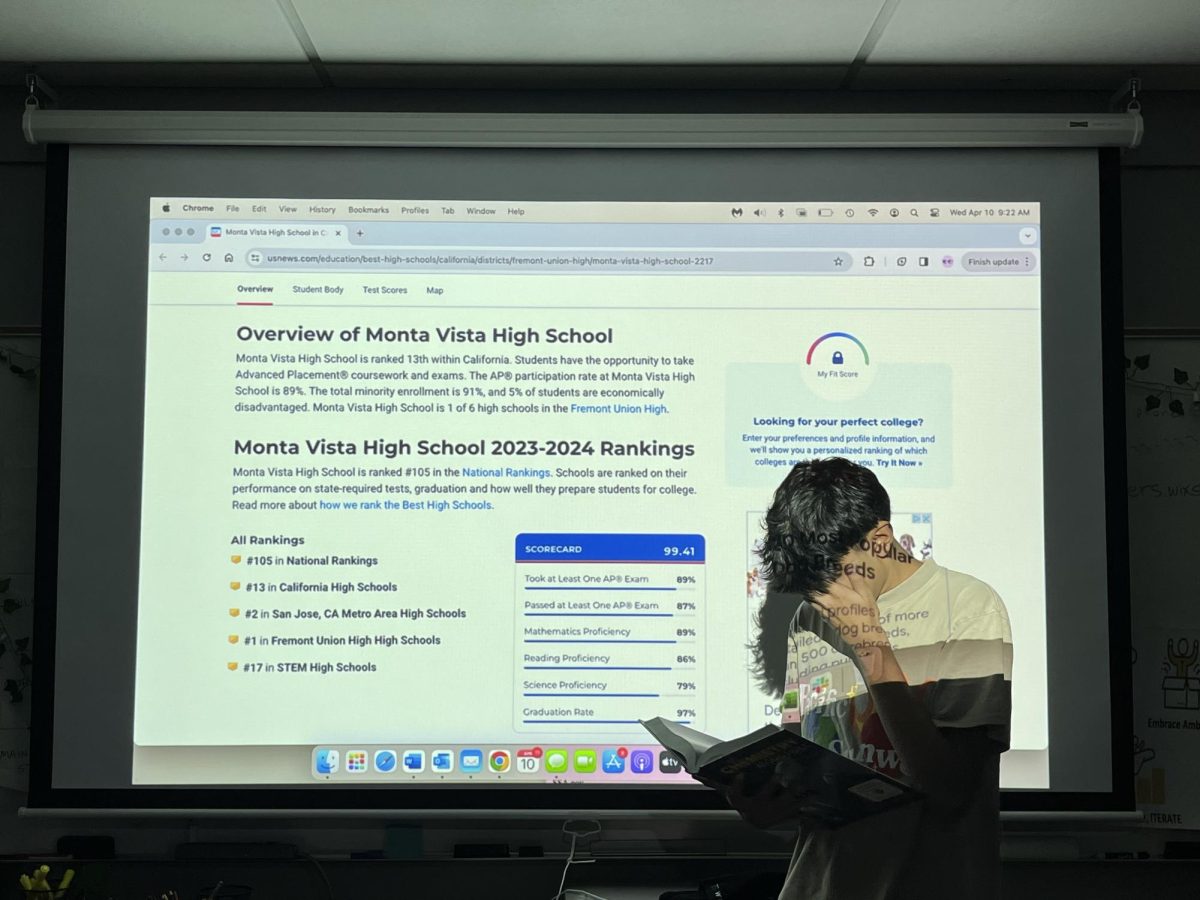What’s the first job you think of when you imagine a woman working? What about a man? It’s statistically proven that a large quantity of female workers fall under occupations such as nurses, assistants and care workers, but what about the proportion of men in these fields?
Not enough men in HEAL
Recently, there has been a much-needed societal concentration on ensuring that more women go into historically male-dominated fields, such as science, technology, engineering and mathematics (STEM). This focus has allowed for improvements in female representation in these technical fields, with women having gone from making up just 8% of STEM workers in 1970 to 27% in 2019.
However, the prevalent disproportion of men in traditionally female-dominated fields has gone mostly unnoticed. According to an article by the New York Times, the characterization of these fields as “for women” and “for men” is the root of the problem. Traditional occupations for women involve more domestic, empathetic roles while men fulfill more technical, analytical and financially lucrative jobs. Junior Nirbhay Saluja sees how these predefined gender roles may prevent men from seriously considering a job in HEAL.
“I feel like a lot of HEAL jobs are considered more feminine,” Saluja said. “For example, nursing has definitely got a major stigma since there’s an overrepresentation of women. A lot of men might consider that as a red flag when going into these fields.”
According to a Forbers article , men avoid taking jobs that have a perceived lower societal status and lower pay. This is attributed to the fact that these jobs involve stereotypically feminine traits, contradicting the conventional idea that men are meant to be breadwinners with higher paying and more “distinguished” career paths . Especially as financial security is important to immigrants, the Asian-dominated immigrant community at MVHS may feel that higher paying jobs in upper management and STEM fields are more stable and secure. Art teacher Brian Chow has had to deal with these stigmatizing stereotypes while pursuing his career.
“In an Asian, patriarchal community, going into the arts is not a solid enough way to make a living in a capitalist society,” Chow said. “Therefore, it’s questioned all the time, and not supported in the same way that maybe a different group of people would do.”
Along with societal expectations placed on men to avoid HEAL careers, a lack of men in literacy fields is also attributed to the literacy gender gap in early education. Female students have surpassed male students in reading and writing in almost every state in the U.S. The issues surrounding literacy rates for younger boys discourage them from pursuing higher education in literature and furthering their literary pursuits in high school. Motivation stems from confidence, and as more male students feel a need to constantly catch up to their female counterparts or are told that literature is reserved for women, they are less likely to pursue a literature career in the future. AP Literature teacher Randy Holaday noticed a similar trend in his class, where there is a shortage of male students.
“Ideally, students who are interested potentially in studying English at a higher level will take the class but it is heavily skewed towards female students,” Holaday said. “So I would say in my fourth-year of teaching the class, the pattern is pretty consistent: with around two-thirds female and the other one-third male.”
Success in HEAL
Stories of successful men in HEAL jobs are crucial to combat the stigmas of men going into female-dominated fields and highlight the unique stories of these individuals rather than generalizing their experience. Having a positive role model for the younger generation to look up to will inevitably create a positive feedback loop, as younger boys seeing older men in diverse HEAL professions allows them to view those fields as viable career paths. .
Holaday decided to pursue a HEAL career as he was passionate about English and education, and his parents were supportive of his decision. He says he had to deal with the ridicule that came from the stereotype of an English degree not leading to high paying jobs and advocates for the removal of gender as a factor to be considered when entering the field. Holaday also points out that the scarcity of male teachers brings up other possible issues.
“I think that this is a problematic thing, and I do feel weird about it, but in our society, being a male English teacher has given me a point of privilege because we’re rare,” Holaday said. “It shouldn’t matter, right? I don’t think that my gender has anything to do with how successful I am as a teacher. I think that’s a detriment to all of my female colleagues, but I do kind of feel like the rarity kind of gives you a little bit of an edge from a hiring perspective.”
Junior Ryan Liu, who aspires to be a history professor, was inspired to pursue a career in education at a young age because his mom was an English professor at West Valley Community College. Liu enjoyed the classroom environment and believes his passion will allow him to bring a new perspective.
Liu is a second generation immigrant, with both his parents being born and raised in the U.S. Because they’ve always been very supportive of the things he and his sister wanted to do, he hasn’t faced much contention at home. Even though Liu says he does face judgment from people outside of his immediate family, he doesn’t let those comments dissuade him from pursuing this path.
“My parents say that they’re happy for me,” Liu said. “So I’m just gonna believe that they are and I am going to pursue this anyways because I think that this path will bring me happiness and if that’s what everyone seems to say, whenever I describe this job, then I should just do it, even if there is judgment.”
Liu is passionate about normalizing men in teaching positions and inspiring other young men to increase the current proportion, which as of the last census is 25.7% male. More male teachers provide inspiration for aspiring teachers, especially for individuals like Liu, who was inspired by one of his male history teachers to pursue a career in history.
How can schools help combat this issue?
Chow encourages all students, regardless of gender, to explore different HEAL and non-STEM fields. He’s working with junior and Interdisciplinary Research and Design student Sagnik Nag Chowdhury to create a website that showcases different opportunities students have in these professions. The website consists of one-minute videos in which MVHS alumni from different fields, from STEM to HEAL fields, discuss the work they do. Chow hopes the website will redefine the idea that success is only for people in STEM fields and help students and parents consider alternative career paths outside of STEM.
Another possible resource for career tests is the Naviance website, a “leading college, career, and life readiness (CCLR) platform” that MVHS students have access to as they prepare for their post graduation plans. Principal Ben Clausnitzer explains that these tests can help students learn about career paths they are interested in.
“We want students to use a tool like Naviance in 10th grade where they start doing some of the inventory exercises and truly discovering what their interest is,” Clausnitzer said. “It helps students focus on their interest, and then students start understanding what engages them in high school, what they are thinking about for their college major and what matches their interest as a career.”
Holaday recognizes the importance of Naviance for introducing students to less popularized mainstream careers, specifically for the often ignored applications of English majors in a variety of jobs. He says Naviance allows students to expand their options from just jobs their environment deems acceptable and explore a wider range of jobs made possible by evolving interdisciplinary fields, giving students the flexibility to adapt to new emerging careers.
As marginalized careers are being brought to light, students who plan on entering a HEAL field are able to address an ever-growing need for a larger workforce and implement the skills they’ve learned in one job to another. Holaday mentions how many people are able to apply their English major to high-paying human resource jobs like project management at green tech companies, in which their major improved their technical writing for digital products. He says that these skills are not only applicable for HEAL careers but are important life skills.
“For example, technical writing or project management all require reading, speaking, listening skills — that’s the English area,” Holaday said. “And yet I feel even if we’re practicing those skills, we might be able to do a better job of highlighting [how these skills are applicable for all fields] and integrating that into the curriculum.”
Additionally, Holaday advocates for a more inclusive environment where a student’s gender does not dictate what career they want to pursue.
“I think it’s important for gender to not be a factor and what people decide to do,” Holaday said. “There must be more students who identify as a man and would have been great literature students, but because of the way the school and society are structured, they’re pushed away from it. English should be more inclusive for everyone, which would almost just by proxy, allow more students in the space.”
Additionally, Saluja believes that additional benefits could be added to HEAL jobs to make them more appealing. He believes that with these benefits, the concern about financial stability could be eliminated and more men would go into these careers.
“In terms of encouraging more men to go into HEAL, it could be made more favorable through government policies,” Saluja said. “There could be better options, not just in terms of money, but by having government [incentives] associated with HEAL careers. This could potentially encourage more people, regardless of them being a man and woman, to go into HEAL careers.”















